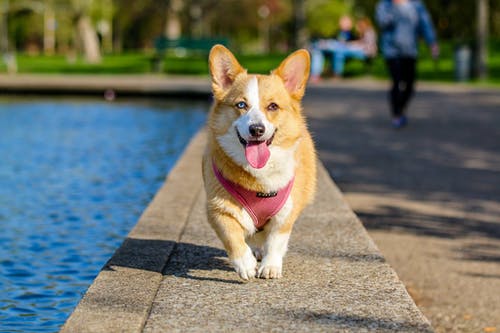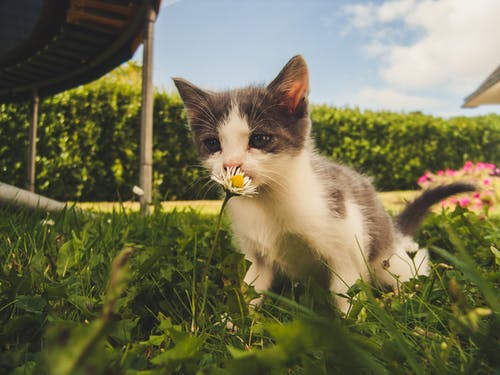How to Choose the Right Breeding Partner and Time for Your Pet
Breeding your beloved pet can be an exciting adventure but also a process that requires careful planning, consideration, and expert advice. Choosing the right breeding partner and the perfect timing cannot be overstated. This article will provide insights into various aspects of the breeding process, including the role of veterinary dentistry, surgery, and breeding consultation. These expert tips ensure the best possible outcome for your pet’s health and well-being.
Breeding Partner Selection
Choosing a suitable breeding partner for your pet involves extensive health, temperament, and genetic compatibility assessment. This includes screening potential partners for inherited health issues to prevent the transmission of undesirable traits to the offspring. To ensure the best results, it’s advisable to consult with a vet or a breeding specialist who can guide you through the evaluation process. Additionally, research the pedigree compatibility between your pet and the prospective partner, and consider the benefits and drawbacks of crossbreeding options.
One essential aspect of pet breeding is veterinary dentistry. Ensuring the dental health of both breeding partners guarantees healthier offspring. Dental issues can sometimes be a sign of underlying health problems. Visiting a reliable provider, such as Overwatch Animal Hospital, for regular dental checkups can help identify and address any issues before the breeding process.
Timing the Mating Process
Identifying the optimal time for mating in your pet’s reproductive cycle is crucial to maximizing the chances of successful breeding. Monitor fertility signs and hormone levels to determine the ideal window for mating. This may require seeking guidance from veterinary professionals who can assist you in making an informed decision. Optimal mating timings can significantly enhance the probability of a healthy and successful pregnancy for your pet.
Sometimes, your pet might require specialized vet surgery in Clarksville or elsewhere before or during the breeding process. Surgeries may involve addressing structural issues that can hinder reproduction or help alleviate medical concerns that can affect your pets’ overall health.
Preparing for the Pregnancy and Whelping Process
Ensuring proper pregnancy care and anticipating potential complications are essential for pet breeding. Give your pet regular veterinary checkups during pregnancy and consult with your vet about any necessary diet and exercise routines changes. As the whelping process approaches, create a comfortable and safe environment for your pet to give birth. Be prepared to seek veterinary support if any complications arise during the process.
Post-pregnancy Care for Pets and Their Offspring
After the successful birth of the offspring, it is essential to monitor their health and development closely. Ensuring proper socialization and early veterinary care for newborns will prepare them for a healthy future. Addressing any dental needs through veterinary dentistry and handling surgical procedures when necessary can significantly contribute to the well-being of your pets and their offspring during this critical time.
A critical aspect of the breeding process is breeding consultation. A reproductive veterinarian can offer valuable advice and guidance to help you make sound decisions throughout the breeding journey. Their expertise can aid in the successful breeding and upbringing of healthy offspring.
Advantages of Artificial Insemination
Artificial insemination can offer several advantages over traditional breeding methods. These benefits include improved genetic diversity, reduced risks of inherited issues, and a more safe and controlled process. Veterinary professionals play a critical role in artificial insemination, ensuring the best outcome for your pet and the newborn offspring.
Conclusion
In conclusion, choosing the right breeding partner and timing for your pet is crucial to ensuring your pet’s health and the successful birth of healthy offspring. The roles of veterinary dentistry, veterinary surgery, and breeding consultation are indispensable throughout the breeding journey. By consulting with veterinary experts, investing time in understanding the process, and staying informed about the various factors affecting breeding, you will be well-equipped to make the best decisions for your pet and the future generations of its lineage.








